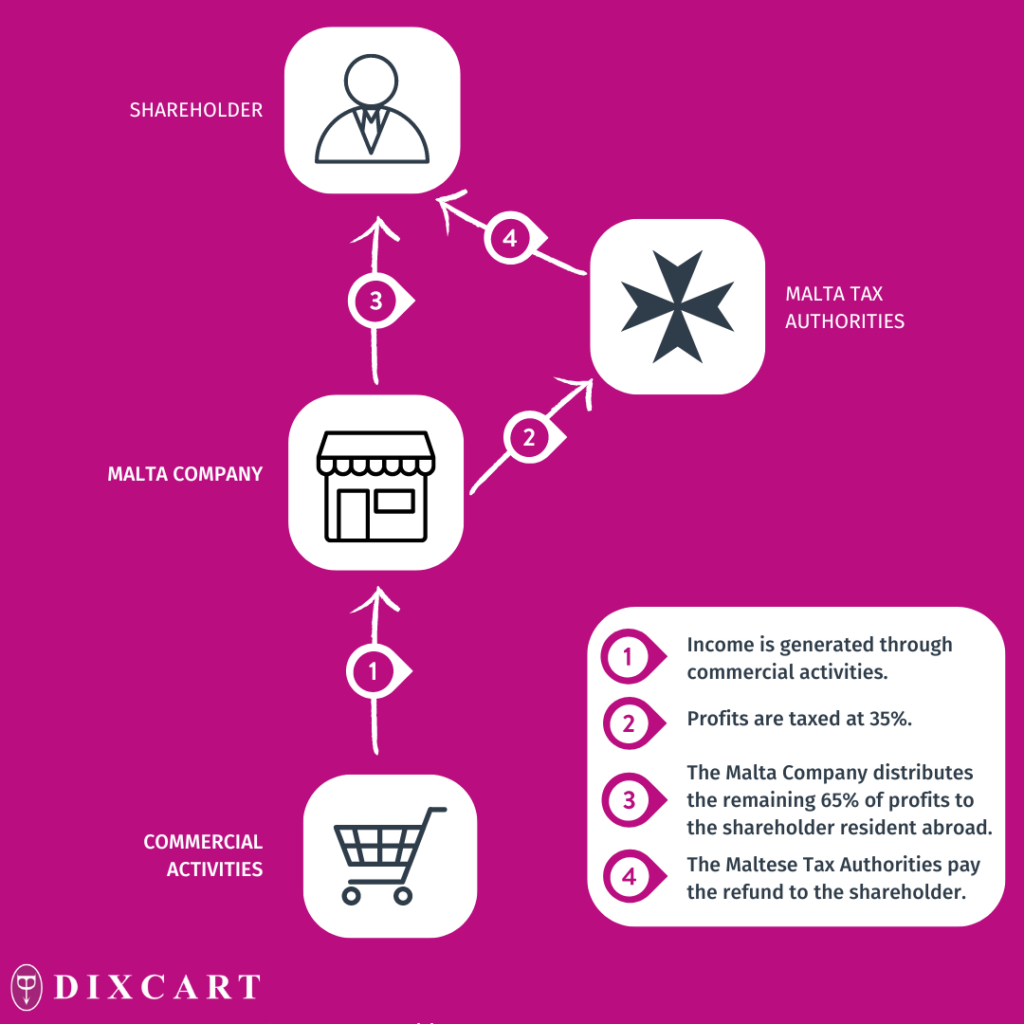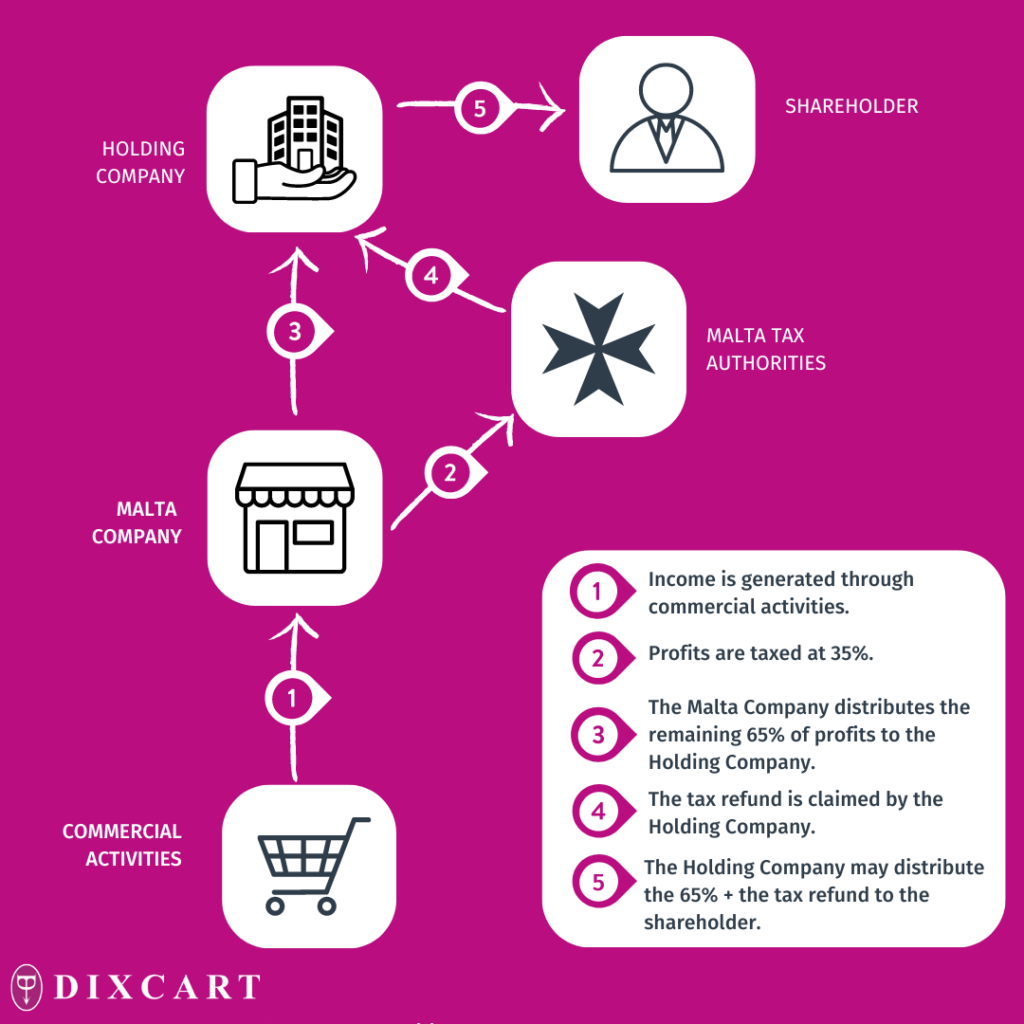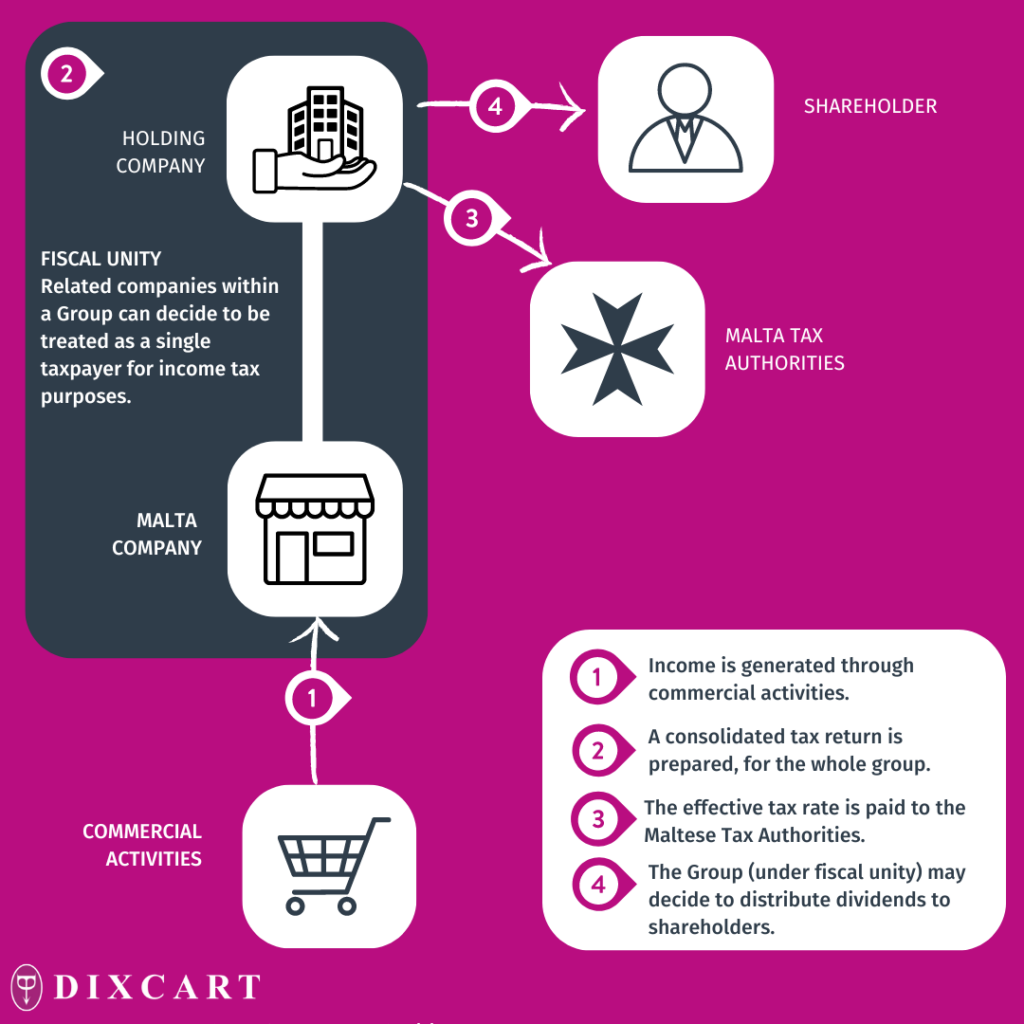The Madeira International Business Centre (MIBC) offers a legal framework in Europe, and specifically Portugal, to licensed companies. These companies benefit from a regime approved by the EU, and alignment with EU Tax Directives, the OECD, and BEPS requirements. The regime allows for a corporate tax rate of 5% and exemption of withholding tax on dividends among other distributions.
However, only certain economic business activities qualify for the benefits available. The Portuguese Tax Benefits Code outlines the specific activities that can benefit from this regime, aligning with the European Community’s NACE Rev. 2 statistical nomenclature. While the list of eligible activities is not exhaustive, exercising caution is advised for any activity not explicitly mentioned.
Eligible and Ineligible Activities under the MIBC
To be eligible for the tax regime of the MIBC, companies must conduct eligible business activities with non-resident entities or other companies registered within the MIBC
The following table summarises the key activities and their eligibility for an MIBC license. It is important to note that specific nuances apply to certain sectors, particularly those involving intra-group activities and financial services.
| Economic Activity | MIBC License Eligibility |
| Manufacturing | Yes |
| Production and distribution of electricity, gas, and water | Yes |
| Wholesale trade | Yes |
| Transport and communications | Yes |
| Higher education and other educational activities | Yes |
| Other collective service activities | Yes |
| Non-intra-group business consultancy | Yes |
| Financial and insurance activities (main activity) | No, with exceptions |
| Intra-group activities (unless on other allowed economic activities) | No |
| Steel, synthetic fibre, coal, and shipbuilding | No |
| Agriculture, forestry, fishing, aquaculture, and extractive industries | No |
| Entities in “difficulty” or under recovery order | No |
Important Conditions and Restrictions
Access to the MIBC’s reduced corporate income tax rate is subject to several conditions:
- Industrial Free Zone: For entities in the industrial free zone, the reduced tax rate applies to income from industrial, ancillary, or complementary activities. It also applies to other activities, provided they are conducted with other entities in the free zone or with non-residents of Portugal.
- Transport Activities: The reduced tax rate for transport is applicable to all licensed activities, except for the transport of passengers or cargo between domestic ports within Portugal.
- Other Service Activities: For other services, the reduced tax rate applies only when the income is generated from business relationships with entities located in the free zone or with non-residents of Portuguese territory.
- Commencement of Activities: Companies must begin their licensed activities within a specific timeframe: six months for international services and one year for industrial or shipping activities, starting from the date of their license.
Understanding these specific eligibility criteria and conditions is crucial for any business considering establishing a presence in the MIBC to take full advantage of the tax benefits.
Contact Us
For more information, please contact Dixcart Portugal: advice.portugal@dixcart.com.















